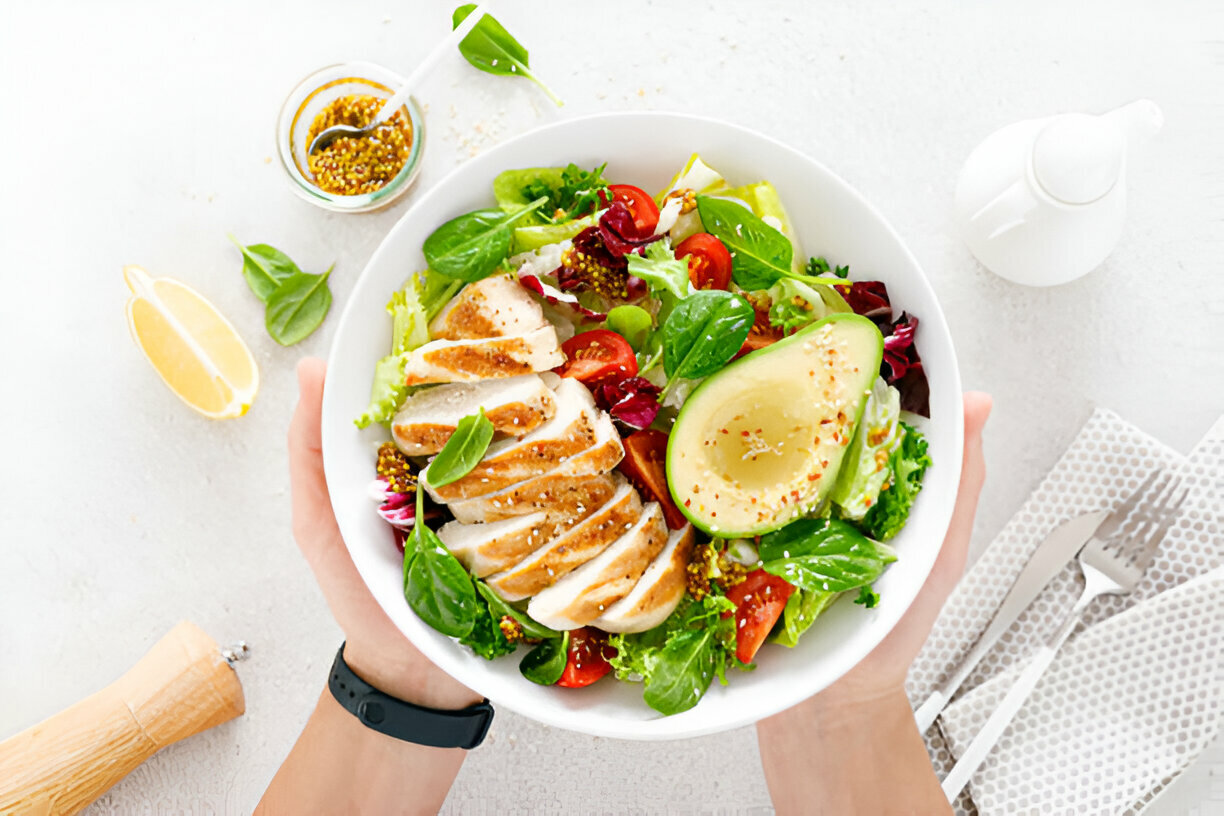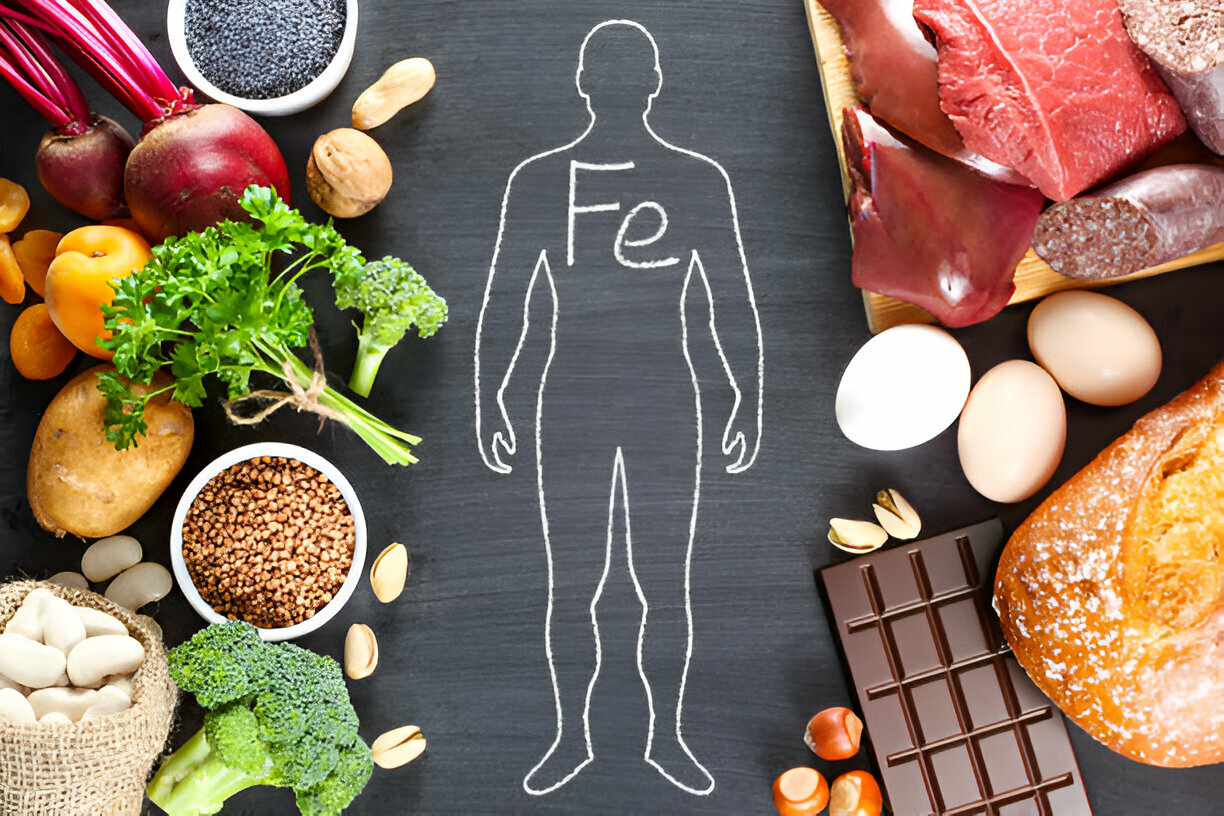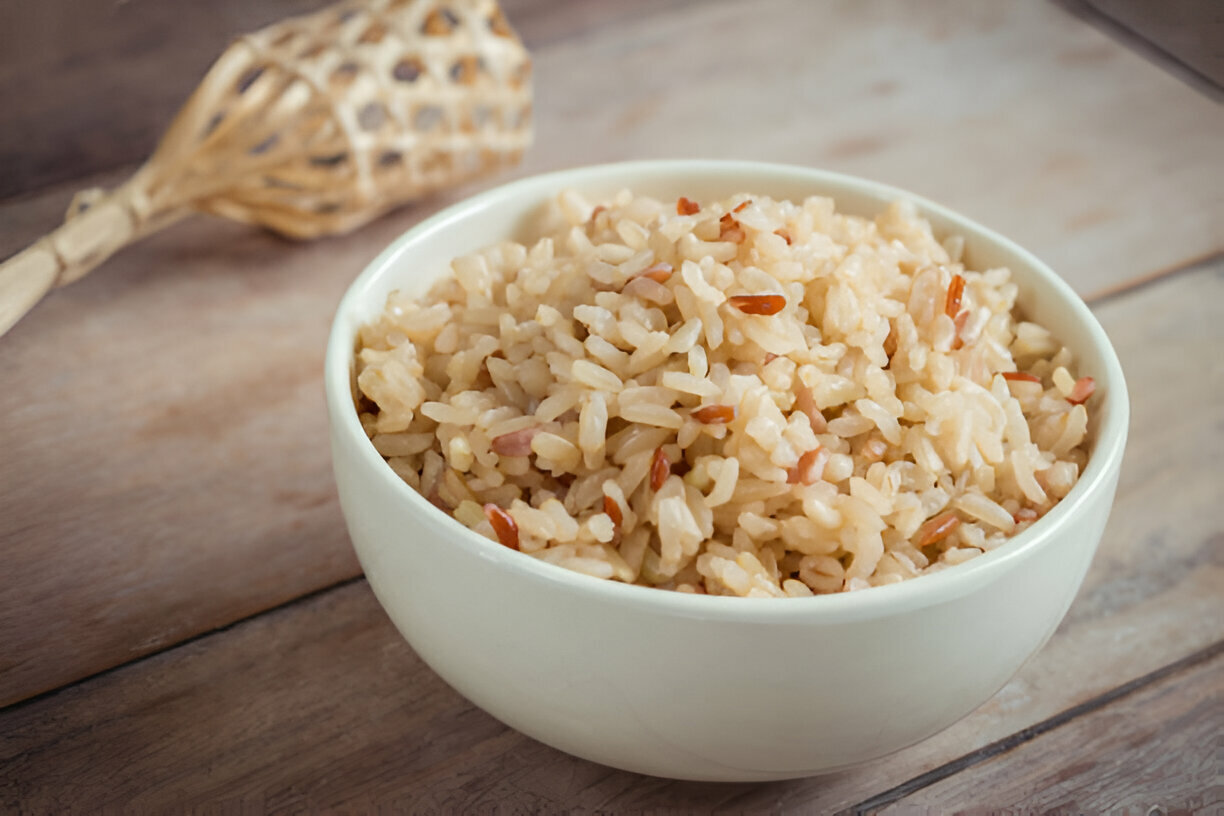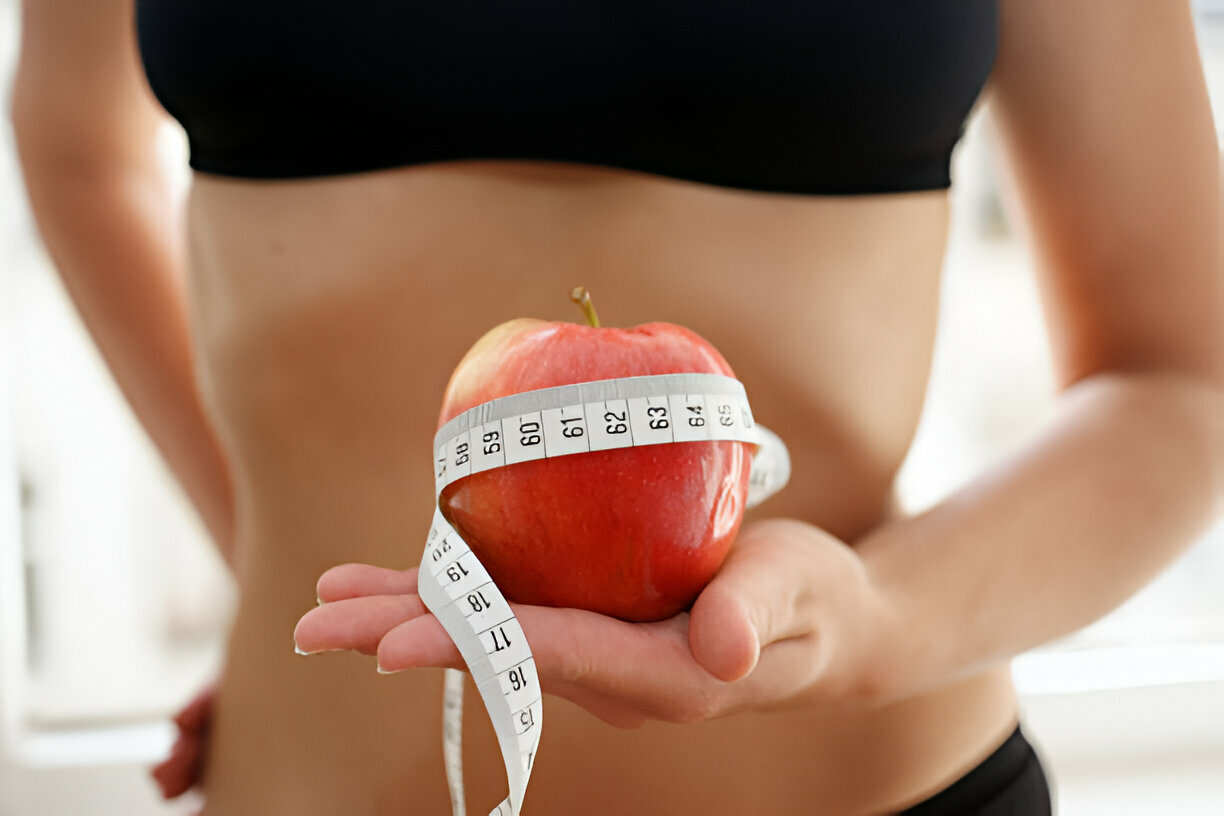When you think about healthy eating, the term "high carb" might not be the first thing that comes to mind. In fact, you might associate high-carb foods with weight gain or unhealthy eating habits. But what if we told you that high-carb vegetables can actually be a valuable part of a balanced diet, especially for women? Yes, you read that right! High-carb vegetables like sweet potatoes, corn, and peas can offer a wealth of nutrients that support your overall health. In this article, we’ll explore how these vegetables can fit into your diet, their benefits, and how to enjoy them without compromising your health goals.
What Are High Carb Vegetables?
Before diving into how high-carb vegetables can benefit you, let’s clarify what they are. High-carb vegetables are those that contain a higher amount of carbohydrates compared to low-carb options like leafy greens or cucumbers. Examples include:
Sweet Potatoes: A nutrient-dense root vegetable packed with fiber, vitamins, and minerals.
Corn: A versatile grain-like vegetable rich in antioxidants and energy-boosting carbs.
Peas: A protein-rich legume that also provides a good dose of carbs.
Winter Squash: Varieties like butternut and acorn squash are high in carbs and loaded with vitamins A and C.
Beets: A vibrant root vegetable that’s high in natural sugars and carbs.
These vegetables are not only delicious but also provide essential nutrients that your body needs to thrive.
The Role of Carbohydrates in Your Diet
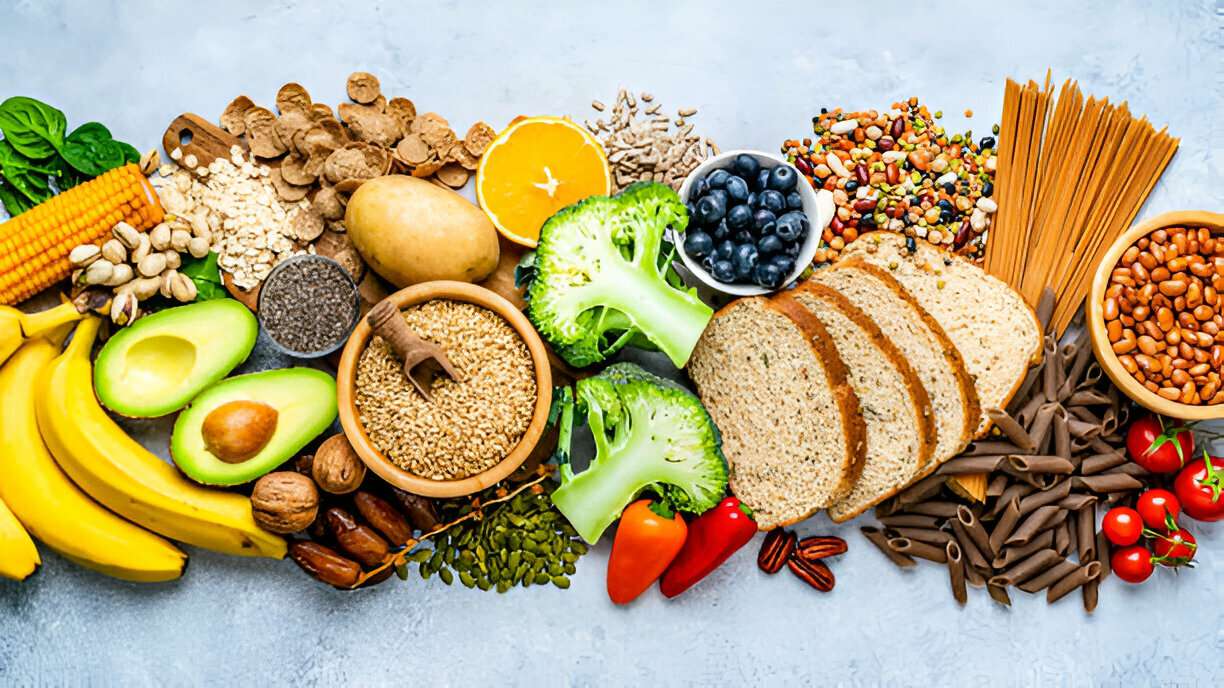
Carbohydrates often get a bad rap, but they are a crucial macronutrient for your body. They serve as the primary source of energy, fueling your brain, muscles, and daily activities. For women, carbs play an especially important role in maintaining hormonal balance, supporting reproductive health, and sustaining energy levels throughout the day.
When you consume high-carb vegetables, you’re not just getting carbs—you’re also getting fiber, vitamins, and minerals that support digestion, immunity, and overall well-being. Unlike refined carbs found in processed foods, the carbs in these vegetables are complex, meaning they are digested slowly and provide sustained energy.
Benefits of High Carb Vegetables for Women
Supports Hormonal Health
High-carb vegetables can help regulate your hormones, particularly insulin and cortisol. Stable insulin levels are essential for managing conditions like polycystic ovary syndrome (PCOS), which affects many women. Additionally, the fiber in these vegetables helps balance blood sugar levels, reducing the risk of insulin spikes.
Boosts Energy Levels
If you’re an active woman or someone with a busy lifestyle, high-carb vegetables can provide the energy you need to power through your day. Their complex carbs release energy gradually, preventing the crashes associated with sugary snacks.
Promotes Gut Health
Many high-carb vegetables are rich in fiber, which supports a healthy gut microbiome. A healthy gut is linked to better digestion, improved immunity, and even enhanced mood—something every woman can benefit from.
Aids in Weight Management
Contrary to popular belief, high-carb vegetables can actually help with weight management. Their fiber content keeps you feeling full longer, reducing the likelihood of overeating. Plus, they’re low in calories compared to other high-carb foods like pasta or bread.
Provides Essential Nutrients
High-carb vegetables are packed with vitamins and minerals that are particularly important for women. For example, sweet potatoes are rich in vitamin A, which supports skin health and vision, while peas provide iron, a nutrient many women lack.
How to Incorporate High Carb Vegetables into Your Diet
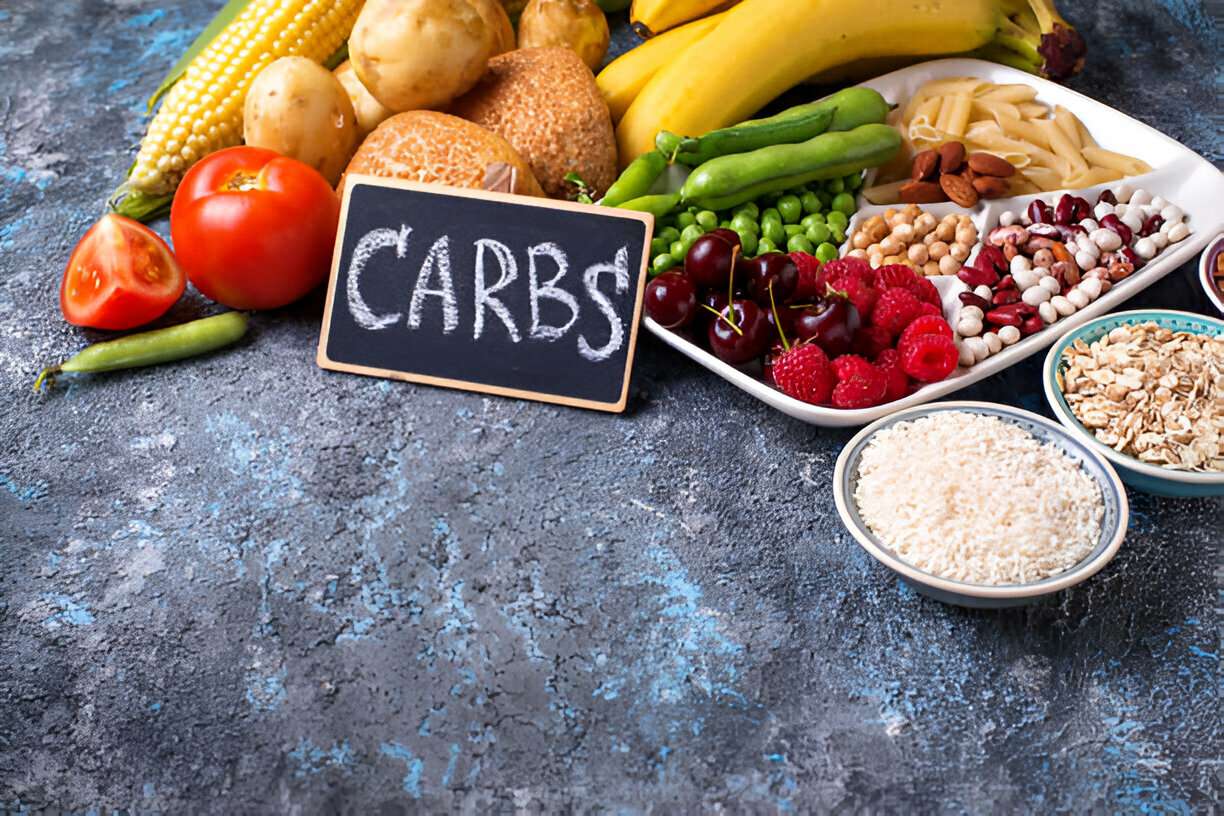
Now that you know the benefits, you might be wondering how to include these vegetables in your meals without overdoing it. Here are some practical tips:
Balance Your Plate
Pair high-carb vegetables with lean proteins and healthy fats to create a balanced meal. For example, enjoy a baked sweet potato with grilled chicken and a side of avocado.
Watch Portion Sizes
While high-carb vegetables are healthy, moderation is key. Stick to one serving (about ½ to 1 cup) per meal to avoid consuming too many carbs.
Experiment with Recipes
Get creative in the kitchen! Try roasting butternut squash with a sprinkle of cinnamon, adding corn to a fresh salad, or blending peas into a creamy soup.
Choose Whole, Unprocessed Options
Opt for whole, unprocessed high-carb vegetables rather than canned or pre-packaged versions, which may contain added sugars or preservatives.
Time Your Carbs
If you’re active, consider eating high-carb vegetables before or after a workout to fuel your exercise and aid recovery.
Myths About High Carb Vegetables
There are several misconceptions about high-carb vegetables that might be holding
you back from enjoying them. Let’s debunk a few:
Myth: High Carb Vegetables Cause Weight Gain
Fact: Weight gain occurs when you consume more calories than you burn, regardless of the food source. High-carb vegetables are nutrient-dense and low in calories, making them a healthy choice when eaten in moderation.
Myth: All Carbs Are Bad
Fact: Not all carbs are created equal. The carbs in high-carb vegetables are complex and come with fiber, vitamins, and minerals, unlike the empty calories in refined carbs.
Myth: High Carb Vegetables Are Off-Limits for Low-Carb Diets
Fact: While they may not fit into very low-carb diets like keto, high-carb vegetables can still be part of a balanced low-carb diet when consumed in small portions.
Facts About High Carb Vegetables
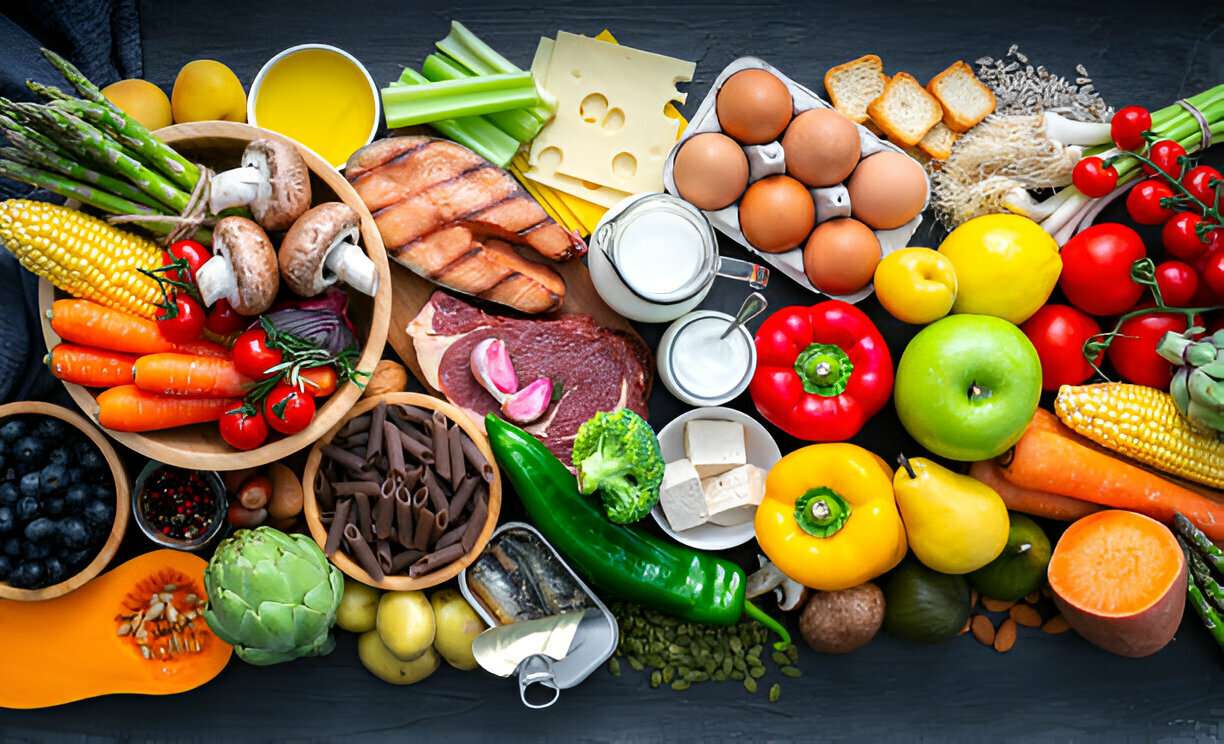
Sweet Potatoes: One medium sweet potato contains about 27 grams of carbs, 4 grams of fiber, and 438% of your daily vitamin A needs.
Corn: One cup of corn provides around 30 grams of carbs, 3.5 grams of fiber, and is a good source of antioxidants like lutein and zeaxanthin.
Peas: One cup of peas contains approximately 21 grams of carbs, 8 grams of protein, and 7 grams of fiber.
Beets: One cup of beets has about 13 grams of carbs and is rich in nitrates, which may improve blood flow and exercise performance.
Final Thoughts
High-carb vegetables are more than just a source of carbs—they’re a powerhouse of nutrients that can support your health in numerous ways. Whether you’re looking to boost your energy, support your hormones, or simply enjoy a tasty meal, these vegetables are worth adding to your plate. Remember, balance and moderation are key. With the right approach, high-carb vegetables can absolutely fit into a healthy diet for women.
Latest Blog
Best Keto Recipes, Easy Low-Carb Meals, Snacks & Desserts
Welcome to Your Ketosis Trip!Beginning the ketogenic diet might first seem too much. You might be wondering, "what can i really eat?" or "will I be stuck eating salads daily?" Relax : the keto diet need not to be tedious or difficult. Actually, with a few basics and some innovative recipes, you can have delectable, filling meals that help you stay on track. From comforting breakfasts to delicious dinners, quick snacks and gu...
Amino Acids Benefits in Skincare, Haircare and Muscle Growth
Amino Acids play important roles in promoting the health of skincare, haircare and muscle buildup by aiding in repair, growth, hydration and many more factors to your overall health. They often touted for everything, from boosting metabolism and supporting mood to improve skin collagen and muscle growth. But what amino acids really are, and do we get enough of them from food alo...
How Can I Lose Weight with Honey Diet in 7 Days?
When I first heard about the honey diet for weight loss, I was skeptical. How could something as sweet as honey help me shed pounds in just 7 days? But after doing some research and trying it out myself, I was amazed at the results. Let me share my story and the facts I learned along the way.Why I Chose the Honey DietLike many people, I’ve struggled with weight loss for years. I’ve tried countless diets, fr...





